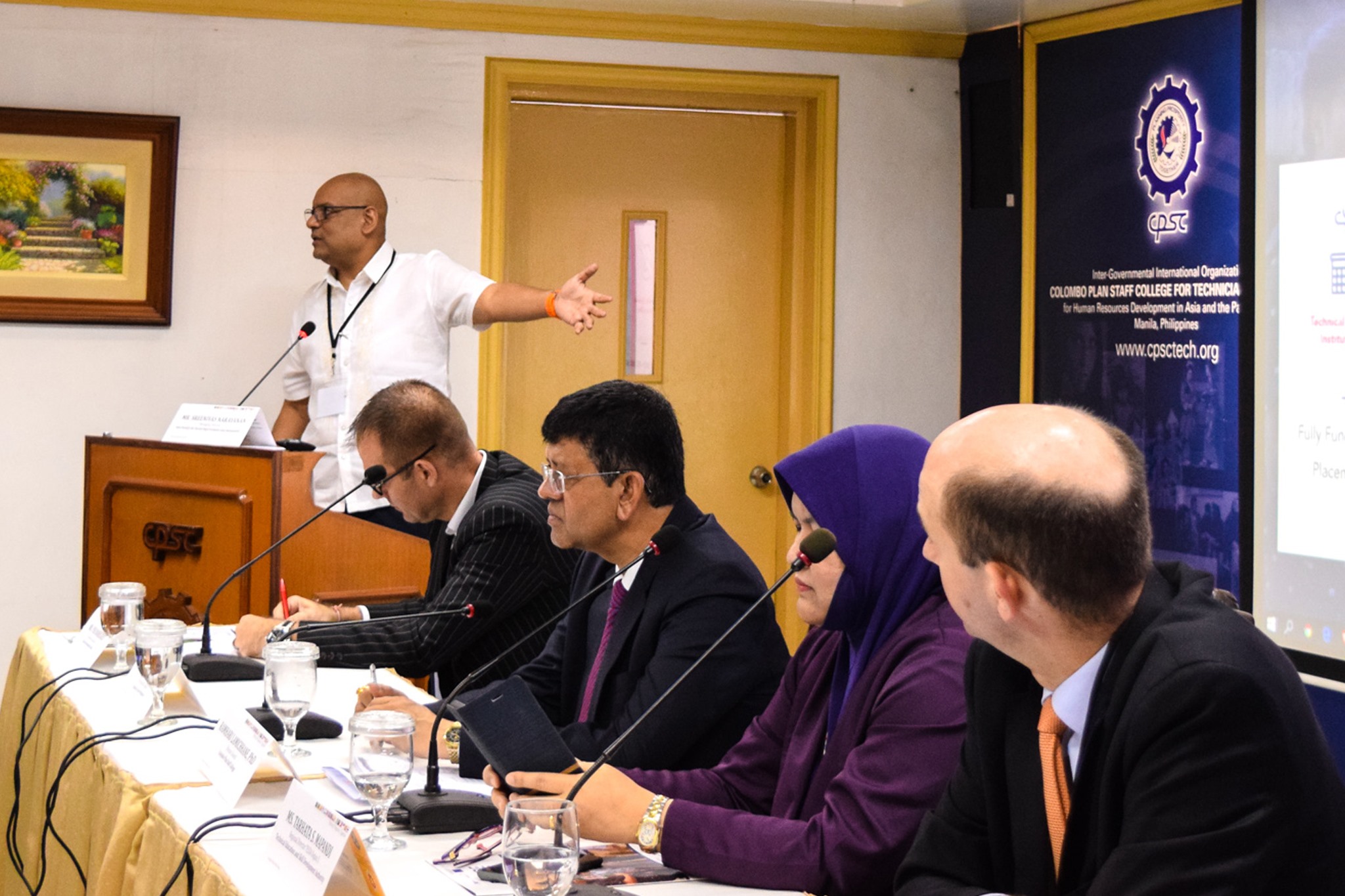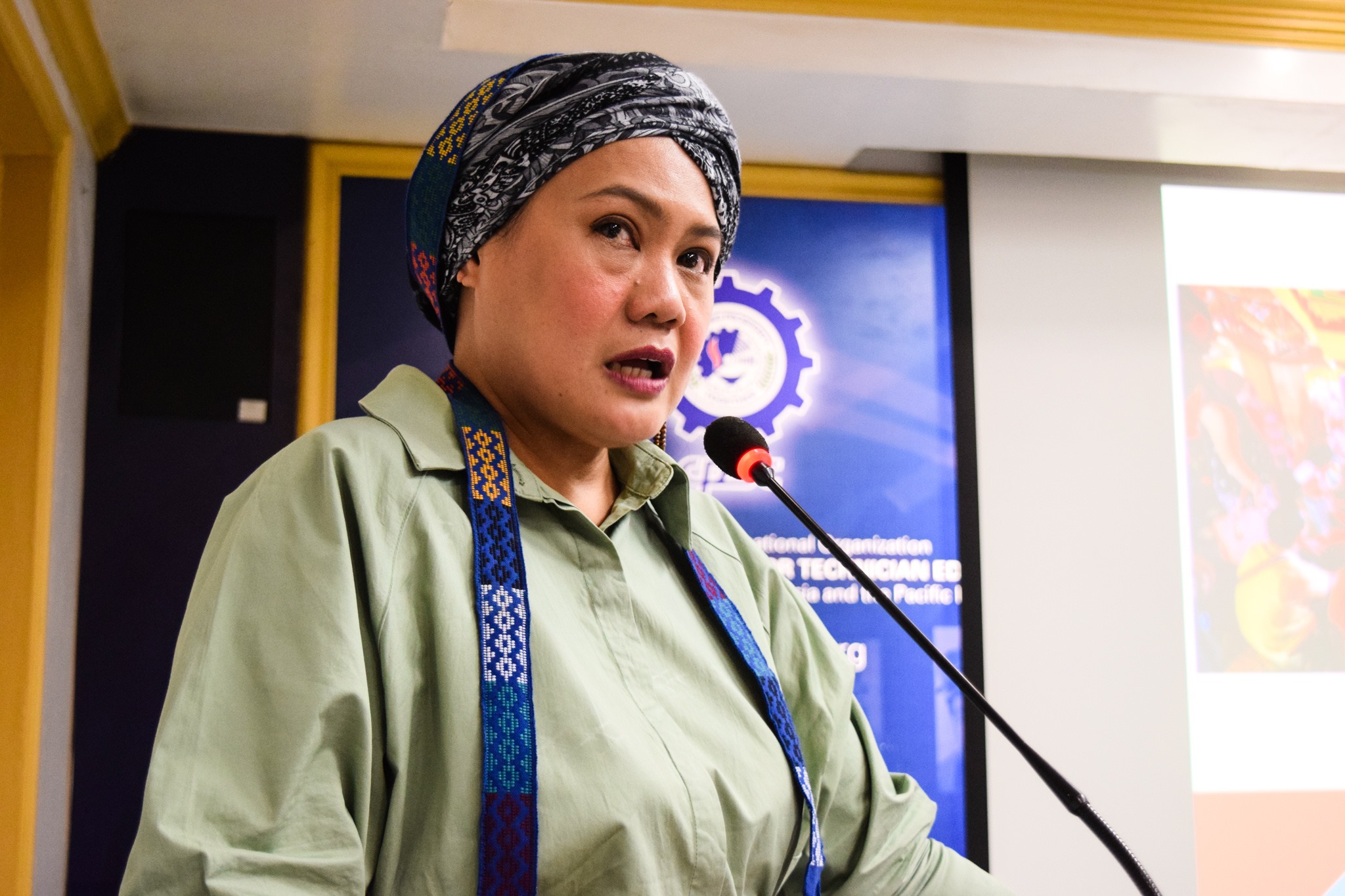In the afternoon of May 23, 2017, a few days before Ramadan, armed fighting broke out between government forces and militants in the Islamic city of Marawi. The clash initiated a five-month long siege and forced thousands of civilians to leave their homes and livelihoods behind as they fled from the battle. An estimated 200,000 individuals were displaced at the height of the crisis.
Government forces prevailed in the end and in the aftermath the city has progressed steadily towards rehabilitation and recovery. While there are existing efforts at multi-sectoral rehabilitation, roadblocks still deter Marawi’s progress. In particular, the lack of appropriate construction skills and technical qualifications prevent job-seeking youth from securing decent livelihoods and, consequently, uplifting their economic capacity.
Access to an inclusive and marketdriven Vocational Educational and Training (TVET) ecosystem to produce an up-skilled and right-skilled young workforce is critical for Marawi’s recovery. To deliver such, the Future Movers Programme was rolled out last 18th February. The project will be implemented through a private-public partnership among ASSIST, the Colombo Plan Staff College (CPSC), the German-Philippine Chamber of Commerce and Industry (GPCCI), and TÜV Rheinland, and with generous support from the Belgian organization, ENABEL.
“A city that needs to rebuild, means, first, we need to rebuild the capacity of the people. That’s the role of TVET,” said Dr. Ramhari Lamichhan, Director of CPSC. The programme is based on innovative learning approaches, global and standardized skills certification, and comprehensive labour market integration. The project envisions socially and economically empowering the youth in post-conflict Marawi by increasing their employability through an innovative VET Ecosystem. The project will benefit more than 500 internally displaced persons in Misamis Oriental, Lanao del Norte, and Lanao del Sur.


